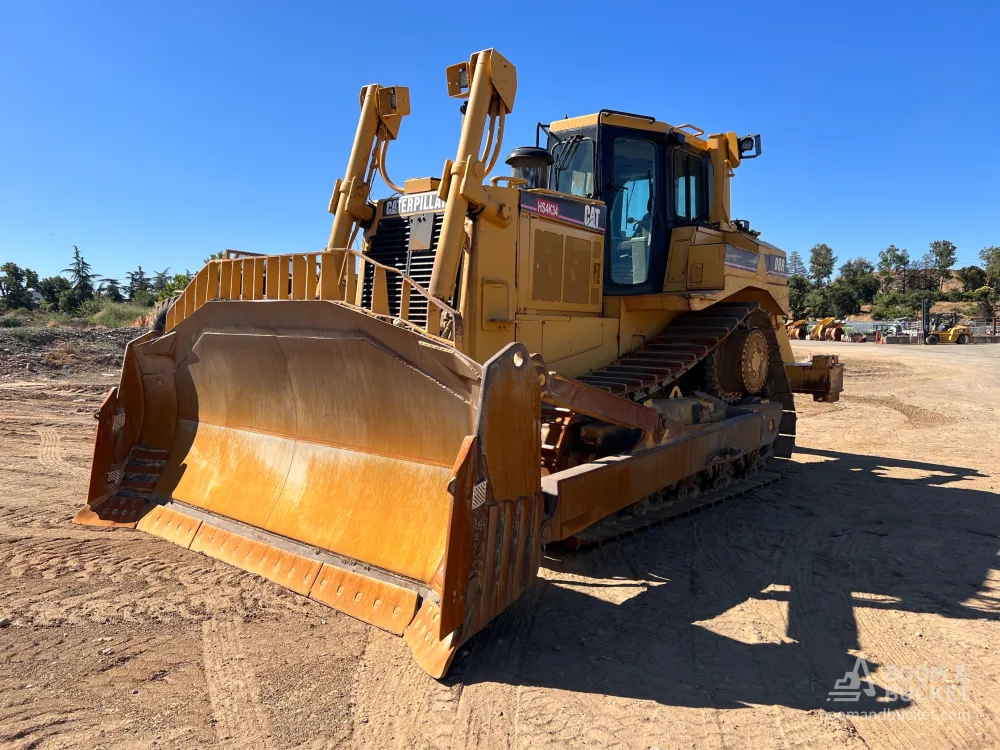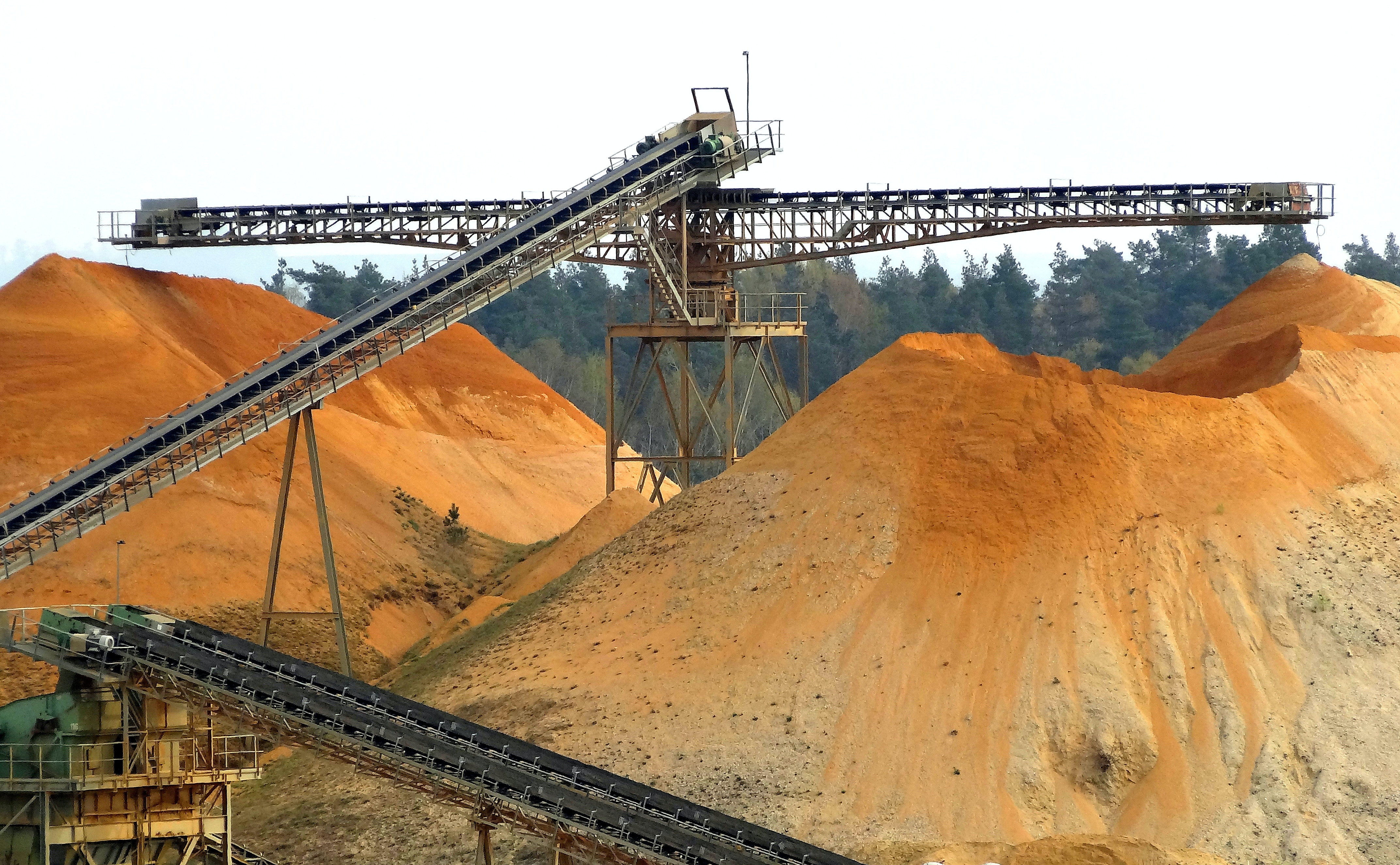Intro to Aggregate Equipment: Wash Plants
5 Lectura mínima
)
septiembre 6, 2023
In the world of aggregate equipment, wash plants are a vital component in cleaning and separating materials like sand, gravel, and crushed stone. These powerful machines are essential in various industries, from mining and construction to recycling and agriculture.
In this comprehensive guide, we will explore what a wash plant is, how it is used, and the advantages and disadvantages of using this equipment.
What is a Wash Plant?
A wash plant is a piece of equipment designed to clean and separate materials by washing them through a screen. A wash plant is able to run the complete washing process from start to finish, making it an easy way to increase efficiency.
These materials range in size from raw aggregates like sand and gravel to recycled debris and crushed stone. A wash plant is versatile and used in many industries to process bulk aggregates efficiently on-site.
:format(webp))
Components of a Wash Plant
Although each wash plant will have different features and specifications depending on the manufacturer, it's important to understand its main components. A complete wash plant consists of the following key elements:
Feed Hopper: This is where raw materials are loaded into the wash plant for processing. It acts as the initial point of entry for the material.
Conveyor System: The conveyor system transports the raw material from the feed hopper to the following processing stage. It ensures a continuous flow of material in the equipment.
Screening Deck: The screen deck is a critical component that separates the material into various sizes. A screen deck with varying mesh sizes allows for the classification of aggregates and sands.
:format(webp))
Washing Chambers: These are equipped with water sprays or jets that thoroughly wash and clean the material. The washing process removes impurities from the sands or other aggregates produced, such as clay, silt, and contaminants.
Dewatering Screens: In some portable wash equipment, dewatering screens remove excess moisture from the washed material, making it suitable for further processing or sale.
Electric Motor: The electric motor powers the various components of the wash plant, ensuring smooth and efficient operation.
Complete Control Panel: The control panel allows operators to monitor and adjust the wash plant's settings, ensuring optimal performance and efficiency.
How is a Wash Plant Used?
This plant is versatile and can be applied in various industries, conditions, and scenarios. Here are some common use cases for portable wash screens:
A wash deck extracts valuable minerals from raw ore in the mining and quarrying industry. For example, the equipment separates gold nuggets from sand and gravel in gold mining. These plants are equipped with specialized filter screens and sluice boxes to capture precious metals efficiently.
:format(webp))
- Construction
A wash plant has a crucial role in the construction industry. They are used to clean and classify aggregates like sand and gravel, essential components of concrete and asphalt production. Clean aggregates create higher-quality construction sand or rock.
- Recycling
Recycling centers utilize a wash deck to clean and separate recycled items such as glass, plastics, and metals. This process improves the quality of recycled aggregates, making them suitable for resale and reducing the need to produce virgin resources.
:format(webp))
- Agriculture
Agriculture uses this equipment to clean and process harvested crops such as potatoes, carrots, and root vegetables. Removing soil and debris enhances these products' shelf life and marketability.
- Environmental Remediation
A wash plant can be used in environmental remediation projects to clean contaminated soil or sediment. The washing process helps remove pollutants and contaminants, making the soil safer for reuse or disposal.
Advantages and Disadvantages of Using Washing Plants
Like any piece of equipment, a wash plant has its own advantages and disadvantages. Understanding these can help businesses make informed decisions regarding their use.
Advantages
- Efficient Processing
Washing plants can process large volumes of sand or rock quickly and efficiently, making them ideal for industries that require high production rates.
- Improved Material Quality
The washing removes impurities and contaminants from raw materials, producing cleaner and higher-quality end products.
- Versatility
A wash plant can be adapted for various aggregates, applications, and industries, providing versatility and flexibility.
- Environmental Benefits
By cleaning and recycling materials, the wash plant contributes to sustainability efforts and reduces the demand to buy and manufacture new aggregates.
:format(webp))
- Cost Savings
Efficient material processing and improved material quality can save costs in various industries, such as construction and mining.
Disadvantages
- Price
Washing plants can be expensive to purchase and install, which can be a significant barrier to entry for some businesses.
- Maintenance Requirements
Regular maintenance and servicing are essential to ensure the continued operation and longevity of a portable wash plant.
- Water Usage
The screening deck and washing chambers require substantial water to function, which can be a concern in areas with water scarcity or environmental regulations. If water is expensive in your area, this addition could also raise the overall price of your project.
:format(webp))
- Energy Consumption
Electric motors are required to power the wash plant, and the energy consumption can be substantial, leading to higher operational costs.
Conclusion
In conclusion, washing plants are indispensable tools in various industries, providing efficient processing and improved quality. While they come with initial costs and maintenance requirements, their versatility and environmental benefits make them valuable business assets.
Whether in mining, construction, recycling, agriculture, transport, or environmental remediation, portable wash plants play a crucial role in achieving high-quality end products and contributing to sustainable practices in industry.
If you're in search of wash plants for sale, remember to consider factors such as the type of material you'll be processing, your production requirements, and your budget. Additionally, conducting saved searches and monitoring the market can help you find the right portable washing plants or complete wash plant equipment in good condition to meet your specific needs.
Take a look around Boom & Bucket, a leading digital dealer of heavy equipment for aggregate equipment options available to your team.



